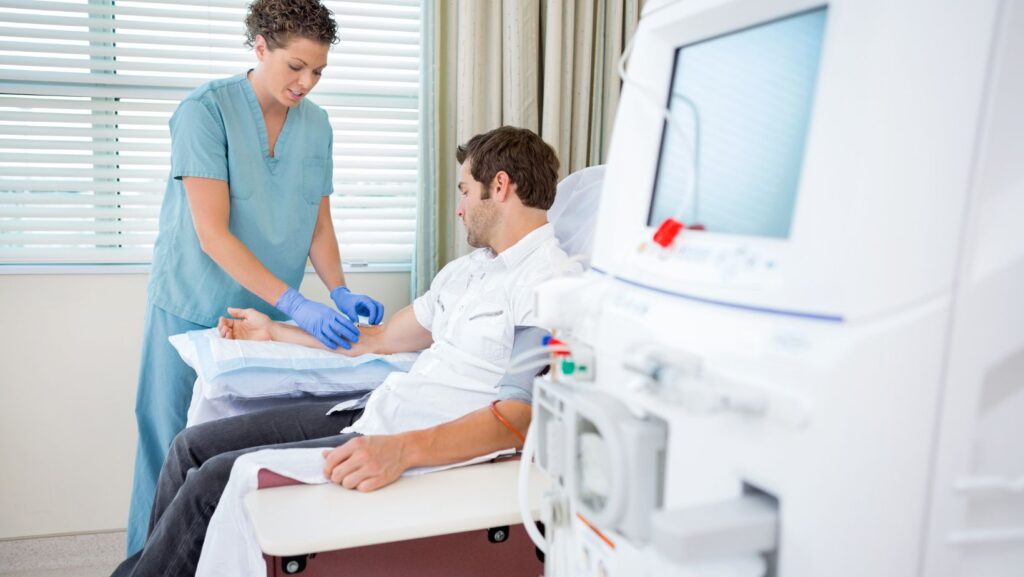Florida is home to one of the largest senior populations in the United States, and many retirees move here expecting relaxation and access to quality care. However, as residents grow older, medical needs become more frequent and complex. We will explore the steps seniors in Florida can take to prepare for medical treatment well in advance, reducing stress and avoiding last-minute decisions that can affect outcomes. Planning is not just about knowing which doctor to see or which hospital to visit—it’s also about understanding insurance coverage, organizing transportation, and managing communication with caregivers. Seniors who take the time to gather their records, set expectations, and understand available resources are more likely to experience smoother treatment processes. In a state where weather, traffic, and distance from family members can add to the challenge, preparation becomes vital in maintaining health and independence as needs increase over time.
Planning in a State Known for Retirement
Gathering Medical Records and Essential Documents
One of seniors’ most important steps before receiving medical treatment is ensuring that all essential documents are in order. Having updated medical records, insurance information, and emergency contacts readily available can help healthcare providers make faster and more informed decisions. This includes keeping a current list of medications, known allergies, and previous procedures or diagnoses. It also means organizing legal paperwork such as advance directives, living wills, and powers of attorney in case decisions need to be made quickly or by someone else. Many seniors rely on caregivers or adult children to assist with these tasks, but even those living independently should consider storing records in an accessible and safe location. Medical providers in Florida may operate under different systems, especially if a patient moves from one city to another, so having printed or digital copies of medical histories helps ensure continuity of care. Taking these steps before a condition worsens is one of the most reliable ways to avoid confusion or miscommunication during treatment. Proactive planning also empowers seniors to have a voice in how they want their care managed, even if they cannot speak up during a crisis.
Understanding Transportation and Support During Treatment
Getting to and from medical facilities is a common challenge for seniors, especially those who no longer drive or live far from urban centers. In Florida, where public transit can be limited and distances between hospitals or clinics are often long, transportation needs to be addressed well before treatment begins. Seniors must determine whether family or friends can assist or whether they will need to arrange non-emergency medical transportation services. These services can include wheelchair-accessible vans, stretcher transport, or even ambulances for longer trips.

For some, especially those undergoing recurring treatments like dialysis or chemotherapy, consistent and reliable rides are just as important as the care itself. Knowing what transportation services are covered by Medicare, Medicaid, or private insurance is critical to avoiding surprise costs. In cases where care is located in another city or region, additional coordination is required. This is when many ask, “How do you book a long distance ambulance from Florida?” Understanding the options in advance and contacting reputable providers can make the process far less stressful when the time comes. Whether the destination is a local hospital or an out-of-state facility, precise planning around transportation helps ensure no missed appointments or delays in care.
Building a Care Team and Communication Plan
It’s common for seniors to rely on more than one person for support during treatment. Communication between all involved is key, whether a spouse, adult child, neighbor, or professional caregiver. Seniors preparing for treatment should ensure their care team understands the schedule of appointments, potential side effects, and how to provide physical and emotional support. A written calendar with medical appointments, medication reminders, and emergency contacts can help keep everyone aligned. Florida’s diverse population often includes seniors whose families live in different states, so establishing communication through group texts, video calls, or shared digital documents ensures updates are delivered in real-time. It’s also wise for seniors to identify a primary advocate who can speak at appointments and ensure their concerns are heard. This person can help manage paperwork, clarify instructions, and support decision-making during treatment, especially if a hospital stay is required. Trust and transparency within this care team reduce anxiety and contribute to a better overall experience.
Preparing the Home Environment for Post-Treatment Recovery
While preparing for the treatment is essential, thinking about recovery at home is just as vital. Many seniors return home with new limitations, mobility challenges, or medication regimens that require changes to their daily routine. A safe, clean, and supportive home environment helps prevent setbacks and supports faster healing. This may involve installing bathroom grab bars, moving a bedroom to the first floor, or preparing meals in advance. Seniors should also plan who will help with basic needs like grocery shopping, transportation to follow-up appointments, or checking vital signs. Home health services, which can be prescribed after a hospital stay, may include nursing visits, physical therapy, or in-home assistance with bathing and dressing. In Florida, these services can often be arranged through a discharge planner or medical social worker before leaving the hospital. Preparing the home in advance not only supports the patient but also eases the burden on caregivers during the initial days of recovery.

Seniors in Florida can take control of their medical journey by preparing ahead for treatment. From organizing records, understanding transportation options, assembling a care team, and preparing the home, each step supports safety, clarity, and peace of mind. These preparations reduce stress and help avoid emergencies often resulting from poor planning. Florida’s medical landscape offers many resources, but they are most helpful when accessed before they’re urgently needed. By proactively communicating with loved ones and providers, seniors can confidently approach treatment and ensure their care meets their needs and wishes. Planning today helps protect the well-being of tomorrow, turning potential challenges into manageable steps.

